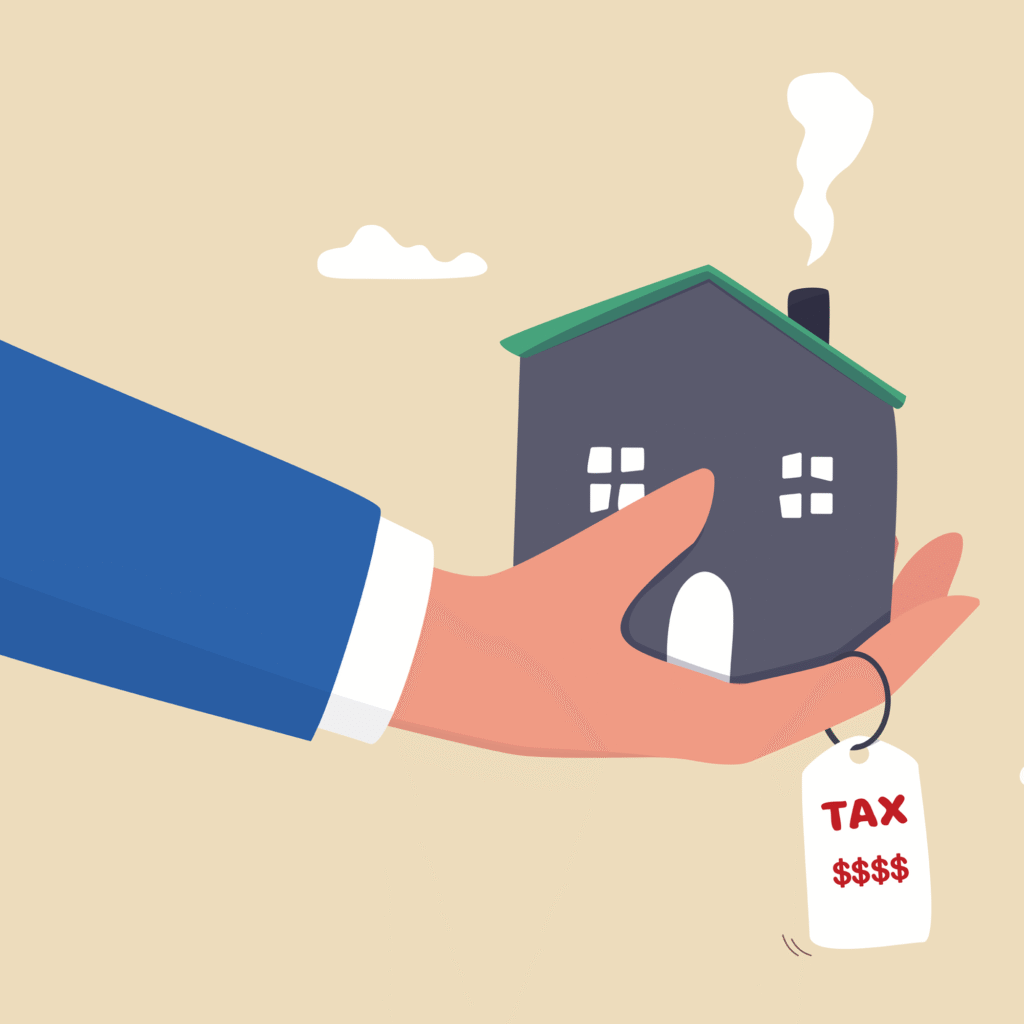Use This Checklist to Simplify the Complex Spain Real Estate Buying Process
The buying process in Spain is different from what many foreign buyers expect. If you want to avoid delays, hidden surprises, and unnecessary stress, it is essential to understand the whole buying process before you start house hunting in Spain.
This checklist walks you through every stage of the Spanish property buying journey: From finding the right home to signing at the notary and registering your new deed.
Step 1: Get Your Finances in Order
Before you start your search, determine your budget and get pre-approved if you’re using a mortgage. Also, factor in additional costs such as legal fees, notary fees, taxes (like ITP or IVA), and agent commissions. Open a bank account with a local Spanish bank (BBVA works with foreign customers who are purchasing homes in Spain). Check with your bank back home on how to wire money to your Spanish bank.

Step 2: Hire a Local Real Estate Lawyer

Engaging a qualified bilingual real estate lawyer is crucial. They’ll ensure the property is legally sound and help you navigate contracts, taxes, and the due diligence process.
Step 3: Obtain an NIE Number
The Número de Identificación de Extranjero (NIE) is required for all property transactions in Spain. Your real estate or immigration lawyer can help you obtain one by making an appointment at a local police station.

Step 4: Make an Offer and Sign the Reservation Contract

Once you find the right property, your real estate agent or lawyer will help draft and sign a reservation contract and hold a deposit to reserve the property while legal checks are completed.
Step 5: Due Diligence and Private Contract

Your real estate lawyer will verify all documents, check the Land Registry, confirm there are no debts, and review zoning/building permissions. Then you’ll sign a private purchase contract (contrato privado de compraventa) and pay a 10% deposit.
Step 6: Sign the Public Deed at the Notary
On closing day, both parties sign the public deed (escritura pública) at a notary. You’ll pay the remaining balance, and the property is officially yours.

Step 7: Register the Property and Pay Taxes

After the signing, your real estate lawyer registers the property with the Land Registry and pays the applicable taxes. They can also assist with transferring utilities and arranging home insurance. Your local Spanish bank can also arrange house insurance.
Need expert real estate guidance? Click to book a consultation and get personalized advice from real estate and legal professionals who understand both the Spanish system and the needs of international buyers.